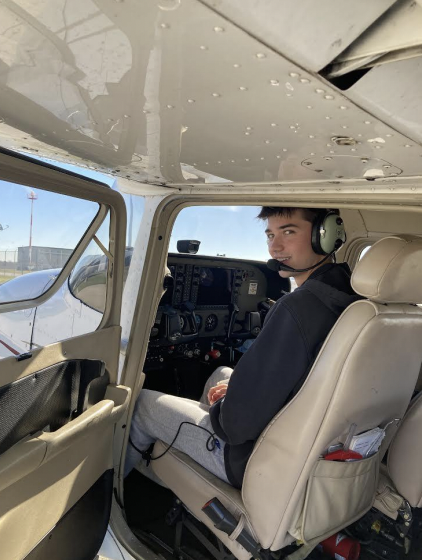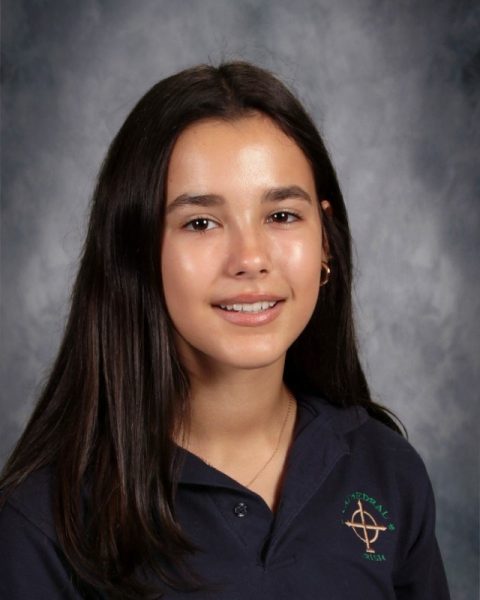Christian Collester, a senior in the class of 2023, first began to have an interest in flying when he was just a little kid. His curiosity regarding motors eventually evolved into his interest in cars, motorcycles, and airplanes. All of these things ultimately led him to want to pursue a career in flying just like his father.
Obtaining a private pilot license offers a wide range of benefits that go beyond the thrill of flying. Mastering the skills required to pilot an aircraft is a challenging and rewarding endeavor that Christian gladly took the challenge of doing.
Christian spends much of his time dedicated to earning his pilot license and is either learning on the ground or practicing in the air. He says, “No matter in the air or on the ground I’m going over the FAA’s(Federal Aviation Administration) required skills to be proficient for my check ride, a final examination for an individual to earn their official license.” Unlike the usual large passenger airplanes, Christian flies a smaller aircraft with minimal computer assistance forcing him to be focused and attentive throughout the entire duration of the flight.
Christian says, “There are many different aspects I have to keep my attention on during a flight, like my altitude, speed, radio frequency, other traffic, weather conditions, and where I am going.”
Christian had his first solo flight about a month ago but has completed two more solo flights since then. His first three supervised solo flights were three separate take-offs and landings. Of course, learning how to fly an aircraft itself is of utmost importance, however, knowing how to plan a flight, how to read current aviation weather, be familiar with weather forecasts, and know the basics of cross-country flight are some of the numerous things a person has to master in order to attain their license.

To begin, you must be at least 17 years old and be able to pass at least a 3rd class medical, which is for a student, recreational, or private pilot. During your time as a student pilot, you are checking off all the required skills, adding up at least 40 hours of total flight time. You must also pass a written knowledge test, an oral knowledge test, and a flight proficiency test.
Christian plans to continue his passion for flying and hopes to earn his pilot license in the near future. After graduation he plans on attending a college with a professional flight program, but has not yet decided which college he wishes to go to.









